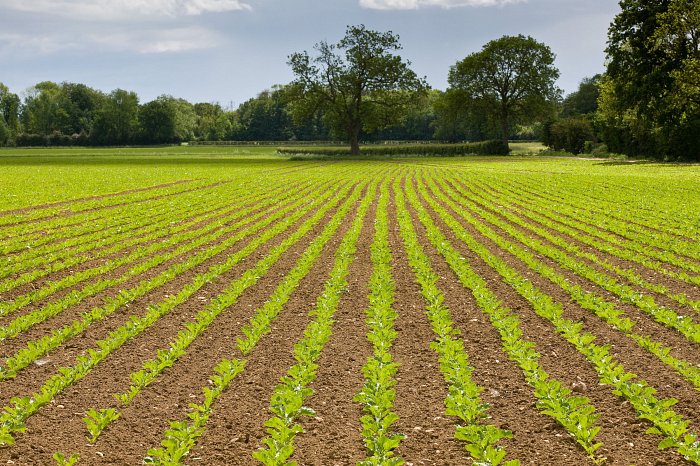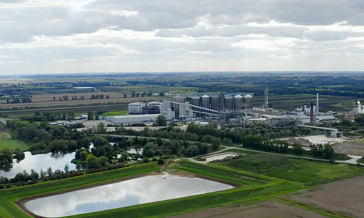
Latest news
All recent news from British Sugar
Research shows strong support for genetic editing in UK farming
10 April 2025

The UK is backing emerging innovation to protect the future of our food supply, with 69% of UK adults strongly supporting gene editing to create a sustainable and resilient future for British farming.
The recent survey, conducted by British Sugar, found that Gen Zs are leading the call for gene editing to be used, with a staggering 80% supporting the technology.
All age groups viewed sustainability as the leading motivator, with 44% citing green credentials as a key reason for backing gene editing. By improving crop efficiency, reducing water and fertiliser use, gene editing not only promotes sustainable farming practices but also cuts emissions.
Affordability is another key motivator, with 50% emphasising the crippling costs of food in recent years as a key factor. Gene editing reduces crop disease, which in turn helps increase and guarantee supply of our food, giving the potential for more stable pricing for consumers and supporting long term farming and food accessibility.
With more parts of the farming industry turning to gene editing as a future solution, British Sugar is leading the sugar industry’s first agricultural research and development programme of its kind, aiming to ensure food security and preserve sugar beet farming across the UK.
In partnership with the world-leading plant science institute, the John Innes Centre (JIC) and Tropic Biosciences, the multi-million-pound research project has been bolstered by government funding of £660,000, to further its research into how gene editing can be used to benefit the British sugar beet crop.
Gene editing technology has the potential for positive impacts around the globe, moving the food industry closer to a more sustainable future and offering a safe solution to protect our homegrown farmers for generations to come.
Dan Green, Agriculture Director at British Sugar said: “The critical importance of access to food that is nutritious, affordable and available is an issue that affects us all. We are encouraged to see that consumers are embracing the potential of technology and innovation, and their role in farming and food for the future.
“Farming has always had to evolve to meet changing climates, ecosystems and public expectations, and gene editing is the next evolution for the future. It will help British farmers tackle the impact of climate change by creating stronger, disease-resistant crops, reducing the use of pesticides, improving yields and ensuring greater security for farmers and consumers alike.
“This is the critical next step for the UK as a world leader in agricultural research development, technology and innovation and follows a long heritage of breakthroughs that have helped protect our crops, keep food prices fair, and secure British farming for the future.”
Professor Steven Penfield, Building Robustness in Crops (BRiC) Programme Leader, John Innes Centre said: “The resilience of the UK’s food supply depends on our farmers and growers being able to sustainably and reliably grow their crops. Gene editing unlocks agricultural innovation, accelerating the development of new crop varieties with higher yields and enhanced pest and disease resistance, also enabling farmers to reduce the environmental impact of their agricultural practices.”
Despite these advantages, there are still misconceptions that are creating a division between ethical (38%) and health-related (34%) issues. Unlike genetic modification, no new genes from other species are incorporated into the plant during the gene editing process. It is a safe, scientifically backed innovation, supported by agriculture leaders. It strengthens crops, making them more resistant to disease, ensuring a more resilient food chain in the years ahead.
Notes to editors:
About British Sugar
British Sugar is the sole processor of the UK’s beet sugar crop, working with over 2,300 growers in the East of England, the East Midlands and Yorkshire. Our four factories process around eight million tonnes of sugar beet every year and produce up to 1.2 million tonnes of sugar annually.
As well as producing sugar, we also create a wide range of co-products including animal feed, electricity, and bioethanol. Our innovative approach to manufacturing, means we produce less than 200 grams of waste for every tonne of sugar produced. British Sugar is a subsidiary of Associated British Foods (ABF) plc.




